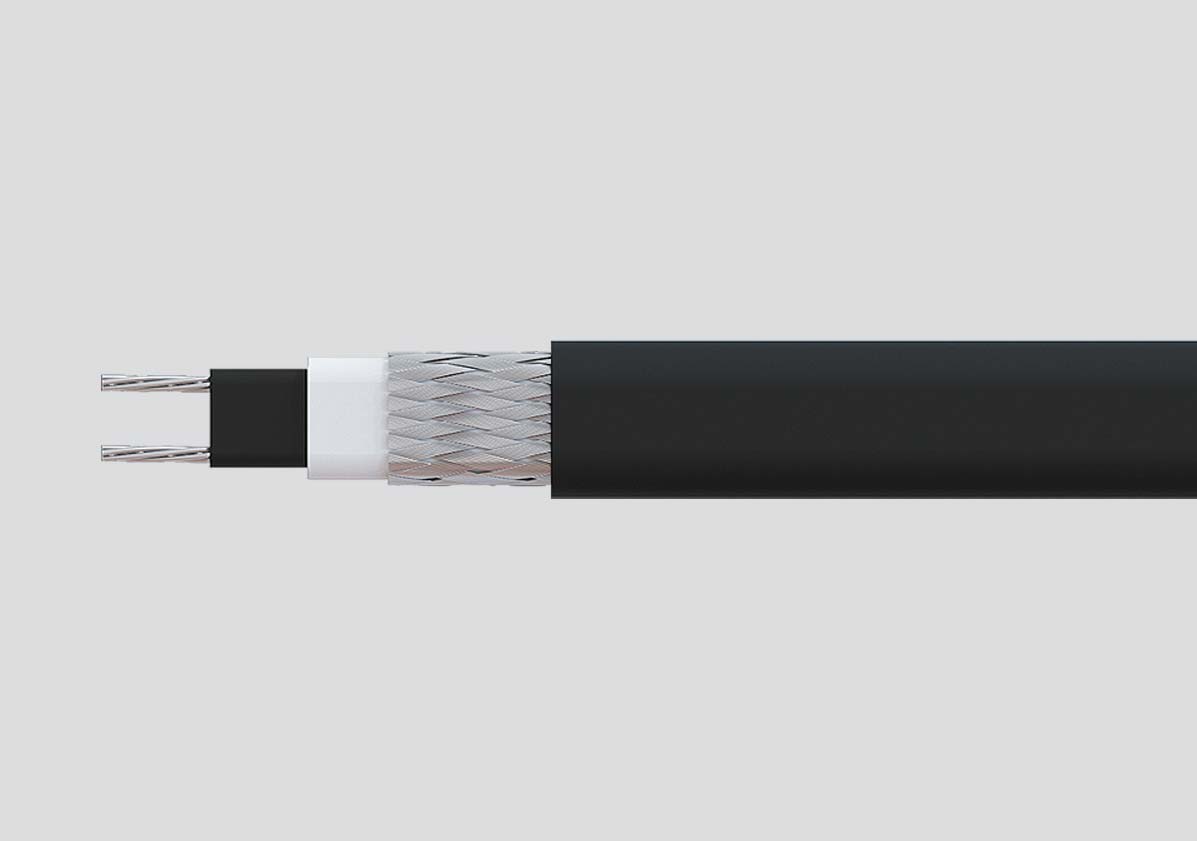- Heating Cables
- Self-Regulating Heating Cables
- Self-Regulating Heating Cable HTM
- Self-Regulating Heating Cable HTA
- Self-Regulating Heating Cable HTP
- Self-Regulating Heating Cable BTC
- Self-Regulating Heating Cable BTCe
- Self-Regulating Heating Cable BTX
- Self-Regulating Heating Cable BTXe
- Self-Regulating Heating Cable CTE
- Self-Regulating Heating Cable VTM
- Self-Regulating Heating Cable VTL
- Self-Regulating Heating Cable VTR
- Self-Regulating Heating Cable LTM
- Self-Regulating Heating Cable LTL
- Self-Regulating Heating Cable LTR
- Series-Resistance Heating Cables
- Mineral-insulated cables
- Self-Regulating Heating Cables
- Connection Technology
- Junction Boxes
- Explosion Proof Polyester Enclosure
- Junction Box ECO CB
- Junction Box for Heating Cable with Mineral Insulation
- Junction Box for Light Indication
- Junction Box for Power Cables Connection
- Junction Box for Self-Regulating Heating Cables to Power Connection
- Junction Box for Self-Regulating Heating Cables to Power Connection (UVK)
- Junction Box for Series Resistance Heating Cable
- Junction Boxes for Connection of Data, Control and Signal Cables
- Junction Boxes for Connection of Heating Cables with Mineral Insulation
- Junction Boxes for Light Indication and Connection of Heating Cables to Power Supply
- Junction Boxes for Self-Regulating Heating Cables
- Junction Boxes for Self-Regulating Heating Cables (3 and More Circuits)
- Junction Boxes for Series-Resistance Cables
- Junction Boxes for Three-Phase Series-Resistance Heating Cables Connection
- Cable Glands
- Connection Kits & Accessories
- Junction Boxes
- Commercial De-icing Systems
Self-Regulating Heating Cable VTR

Features
- 10, 20, 30 or 40 W/m
- Self-regulating, automatically adjusts power output in response to ambient temperature
- Thermoplastic overjacket
Application Areas
- Freeze protection of pipelines and vessels
- Snow and ice prevention on roof and gutters
Approvals
VTR is an industrial grade self-regulating heating cable that can be used for freeze protection of pipelines and vessels and also for snow and ice prevention on roofs and gutters.
The power output adjusts automatically in response to the ambient temperature.
Because of its self-regulating characteristics it will not overheat even when the cable is overlapped. This guarantees maximum safety and reliability.
The installation of VTR heating cable is quick and simple and requires no special skills or tools. Because of its parallel construction the heating cable can be fitted on site to exact length without any complicated design calculations.
Termination, splicing and power connection components are available in convenient kits.
- 10, 20, 30 or 40 W/m
- Self-regulating, automatically adjusts power output in response to ambient temperature
- Thermoplastic overjacket
- Easy to install
- Can be cut to required length on site without any complicated design calculations
- Will not overheat even when overlapped
- UV-resistant
- VDE zertified
| Rated voltage | 230 VAC |
|---|---|
| Maximum continuous operating temperature (trace heater energized) | 65 °C |
| Maximum continuous exposure temperature (trace heater de-energized) | 85 °C |
| Ambient temperature range | −60 ... +55 °C |
| Minimum installation temperature: Thermoplastic overjacket | −30 °C |
| Minimum bending radius | 25 mm |
| Maximum braiding resistance | 10 Ohm/km |
| Conductor cross-section | 1.25 mm2 |
| Dimension: Thermoplastic elastomer overjacket, braiding | 13.20×6.10 mm |
| Weight: Thermoplastic elastomer overjacket, braiding | 141 kg/km |
- 1.25 mm2 nickel-plated copper conductors
- Semi-conductive self-regulating matrix
- Matrix insulation
- Tinned copper braid
- Overjacket Thermoplastic